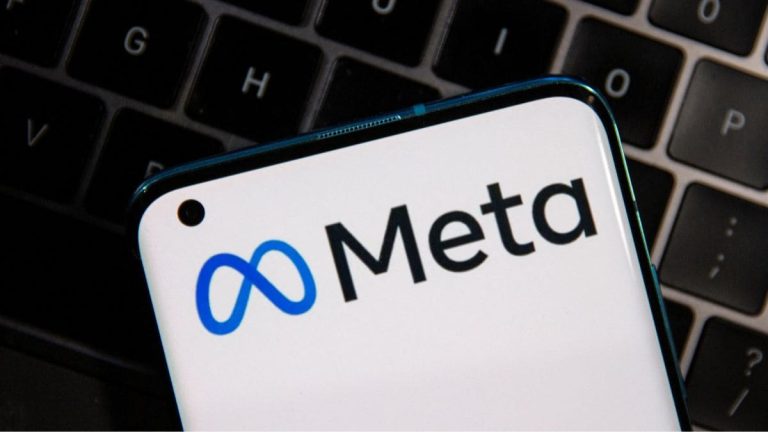Meta announced that it will not be signing the European Union’s (EU) Code of Practice for general-purpose artificial intelligence (GPAI) models last week. Earlier this month, the European Commission said that it has received the final version of GPAI Code of Practice, a voluntary tool aimed at helping the industry comply with the AI Act’s rules, whose first phase comes into force on August 2. The Menlo Park-based tech giant refused to sign the code citing “a number of legal uncertainties for model developers.”
Joel Kaplan, Meta’s Chief Global Affairs Officer, announced the company’s intention not to sign the GPAI Code of Practice in a LinkedIn post. He said the decision was made after carefully reviewing the document, and added, “Europe is heading down the wrong path on AI.”
The GPAI Code of Practice contains three chapters, namely Transparency, Copyright, and Safety and Security. The document covers guidelines on preparing a user-friendly model documentation form, compliance with EU copyright law, and ensuring that large language models (LLMs) do not carry systemic risks to fundamental rights and safety. Essentially, the Code of Practice is designed to be a starting place for companies to prepare themselves for the AI Act, and it is not legally enforceable.
Kaplan criticised the Code of Practice for going beyond the scope of the AI Act. Notably, multiple companies in Europe, including Airbus, Lufthansa, Mercedes-Benz, Philips, Siemens Energy, and others, have signed an open letter urging the EC to “stop the clock” on the AI Act.
The Meta executive added in the post that the company shares the concerns raised by these businesses. He said that the “over-reach” by the EU will stifle the development and deployment of frontier AI models in Europe. Interestingly, OpenAI has already announced its intention of signing the Code of Practice.
Despite the protests, the EC reportedly announced that the AI Act will be rolled out as per the previously shared timeline. “I’ve seen, indeed, a lot of reporting, a lot of letters and a lot of things being said on the AI Act. Let me be as clear as possible, there is no stop the clock. There is no grace period. There is no pause,” Commission spokesperson Thomas Regnier was quoted by Reuters as saying.

